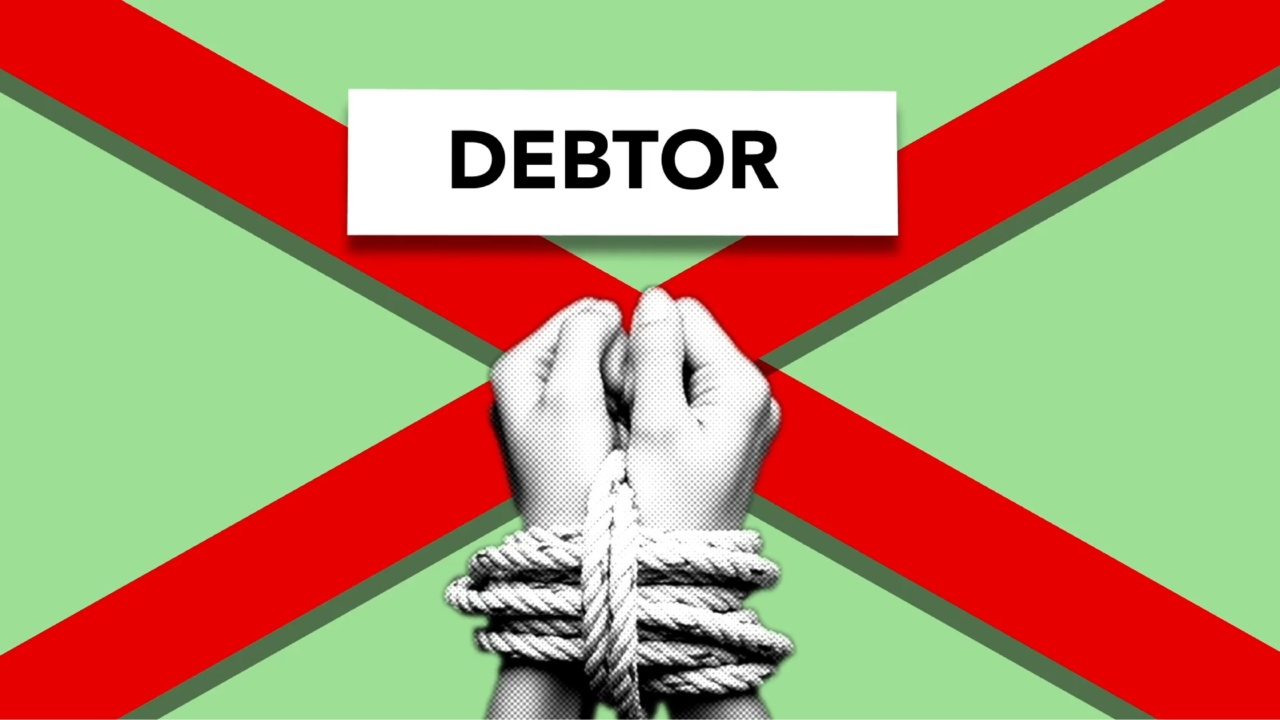The global financial crisis of 2008 brought with it a wave of job losses, housing foreclosures, and bankruptcy filings. The impact of the crisis was felt by everyone, from bankers and investors to blue-collar workers and families.
However, what was less talked about was the effect it had on mental health, particularly depression.
Understanding Depression
Depression is a mood disorder that affects how a person thinks, feels, and acts. It can manifest in various ways, including sadness, loss of interest in activities, changes in appetite or sleep patterns, and fatigue.
Depression can be caused by a variety of factors, including genetics, life events, and brain chemistry.
The Connection between Depression and the Financial Crisis
One of the most striking aspects of the financial crisis was the widespread sense of uncertainty and loss of control that people experienced.
People who had been laid off or had lost their homes were struggling to make ends meet, while investors watched their portfolios plummet in value. This sense of instability and powerlessness can be a trigger for depression.
Furthermore, financial difficulties can exacerbate existing mental health conditions. For example, someone with a history of depression may find that their symptoms become more severe when faced with financial stress.
Additionally, the stigma often associated with mental health issues can make it more difficult for someone experiencing depression to seek help.
Expert Opinions on Depression and the Financial Crisis
Experts in the field of mental health have studied the connection between depression and the financial crisis. Here are some of their perspectives:.
Dr. Daniel Strunk
Dr. Strunk is a professor of psychology at Ohio State University whose research focuses on cognitive-behavioral therapy and depression. He explains that the financial crisis can create a sense of hopelessness and a feeling of being stuck.
This, in turn, can lead to depression. “When people feel like they can’t control their environment or their outcomes, that can lead to depression or a sense of hopelessness,” he says.
Dr. Eric Hollander
Dr. Hollander is a professor of psychiatry and behavioral sciences at Albert Einstein College of Medicine. He notes that economic stress can worsen symptoms in people with mental health conditions.
“Stress from the economy and personal finances can increase symptoms and exacerbate underlying psychiatric disorders,” he says. He encourages people to seek help from mental health professionals if they are struggling with depression or anxiety.
Dr. René Samaniego
Dr. Samaniego is a licensed clinical psychologist in California who specializes in depression, anxiety, and stress. He notes that the financial crisis can trigger negative beliefs and thoughts that can lead to depression.
“If you believe that you’re not going to find another job or that your life is going to be ruined forever, those beliefs can feed into depression,” he says. He recommends cognitive-behavioral therapy as a treatment option for depression caused by financial stress.
Ways to Cope with Depression during Financial Stress
If you or someone you know is struggling with depression caused by financial stress, here are some coping strategies to consider:.
1. Seek Professional Help
If you are experiencing depression, seek the help of a mental health professional. They can provide support and guidance to help you manage your symptoms and develop coping strategies. Therapy and medication can be effective treatments for depression.
2. Practice Self-Care
Taking care of yourself is important during times of stress. Make sure you are eating a healthy diet, getting enough sleep, and exercising regularly.
Engage in activities that you enjoy and that make you feel good, such as reading, spending time with friends and family, or listening to music.
3. Confront Negative Thoughts
If your negative thoughts are contributing to your depression, try to challenge those thoughts. Ask yourself if they are based in reality and if there is evidence to support them. Try to replace negative thoughts with more positive ones.
4. Seek Social Support
Connecting with others can help you feel less isolated and alone. Seek out the support of friends and family, or join a support group for people who are struggling with depression.
Conclusion
The financial crisis of 2008 had a profound impact on people’s mental health, particularly in regard to depression. The sense of instability and uncertainty that it created was a trigger for many people’s depression.
However, there are ways to cope with depression during times of financial stress. Seeking professional help, practicing self-care, confronting negative thoughts, and seeking social support are all strategies that can help you manage your symptoms and feel better.





























